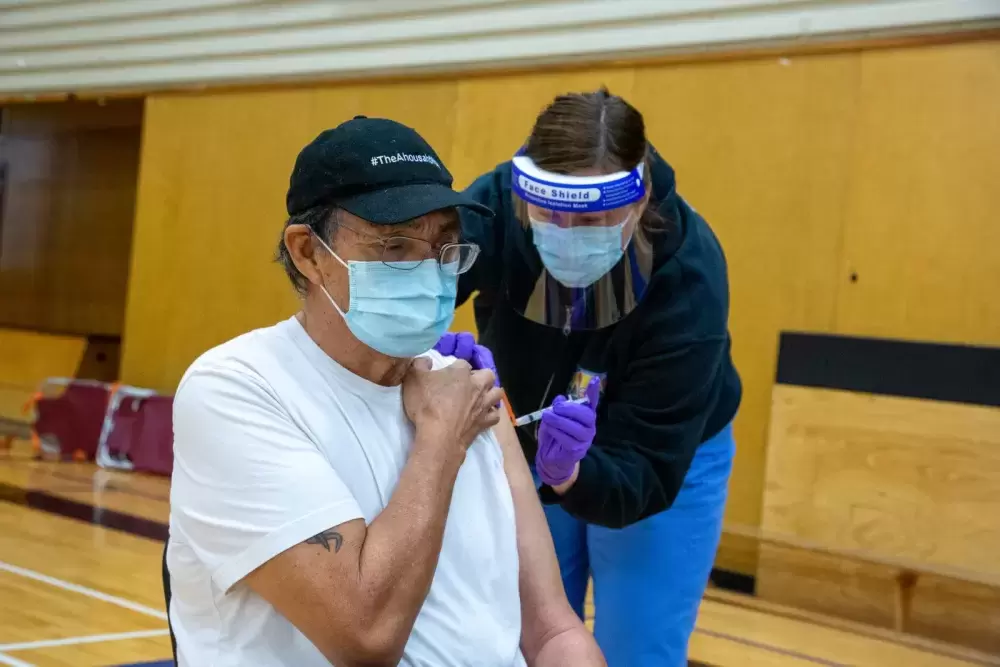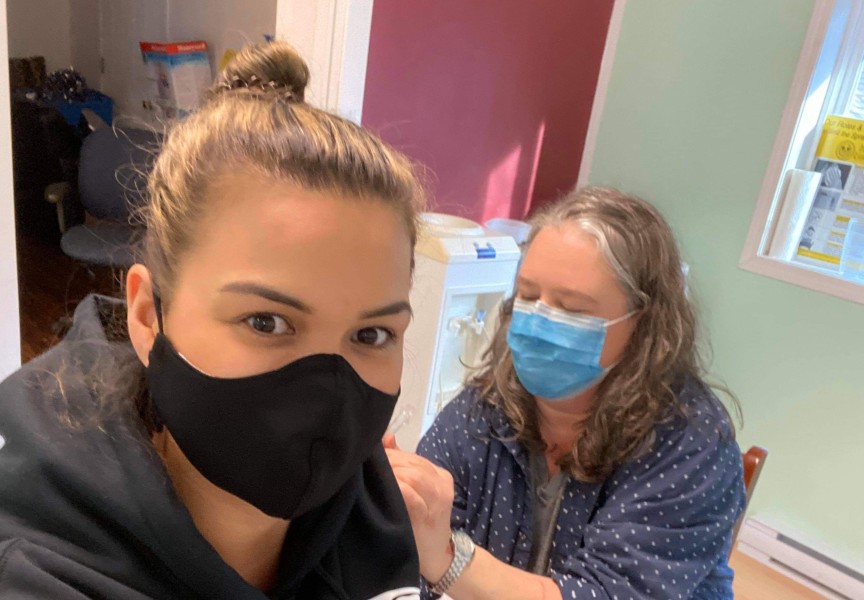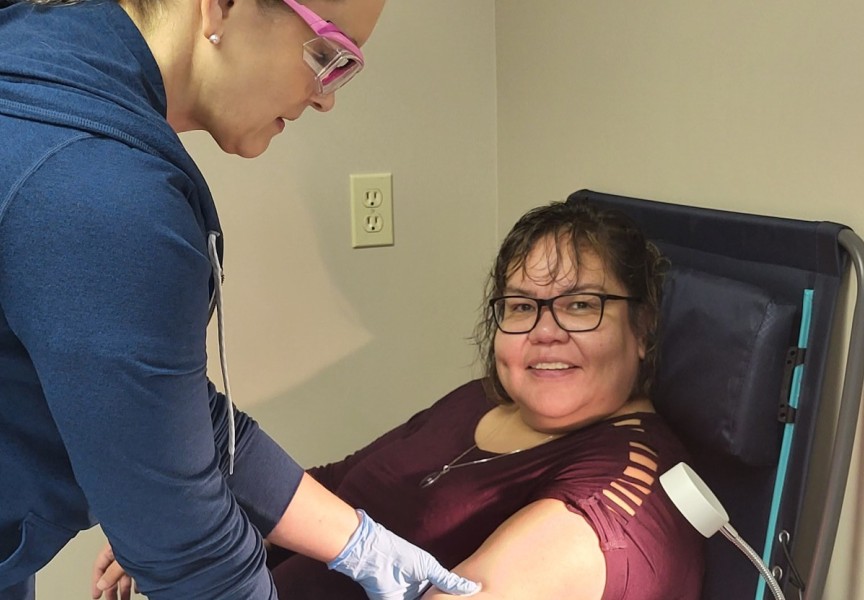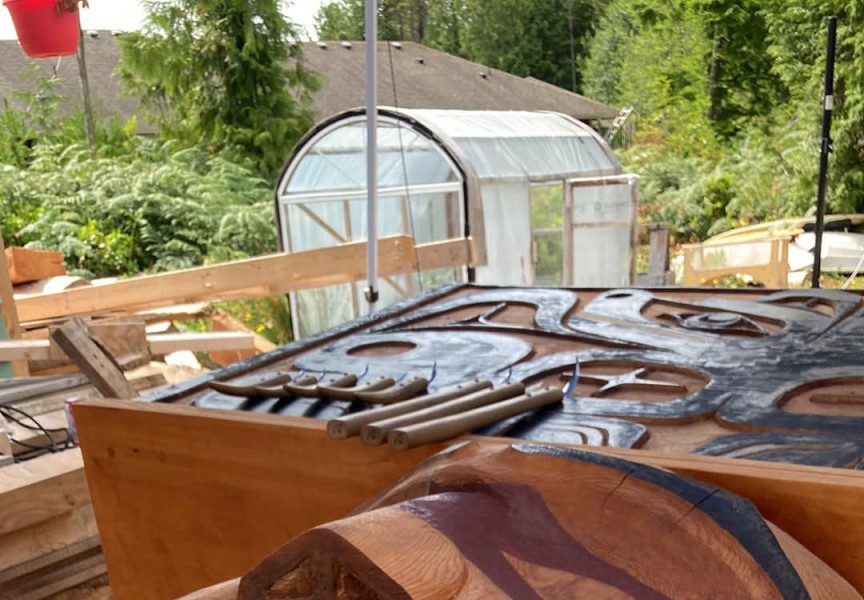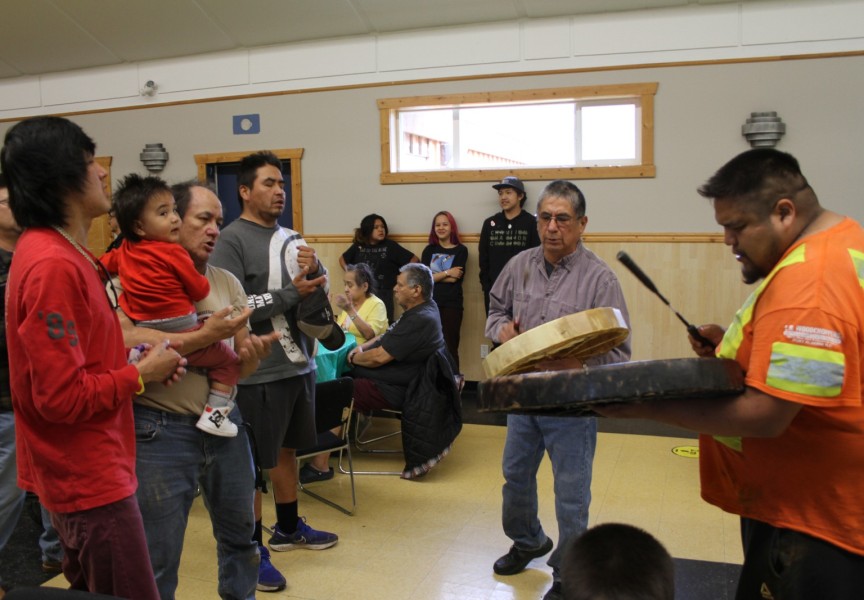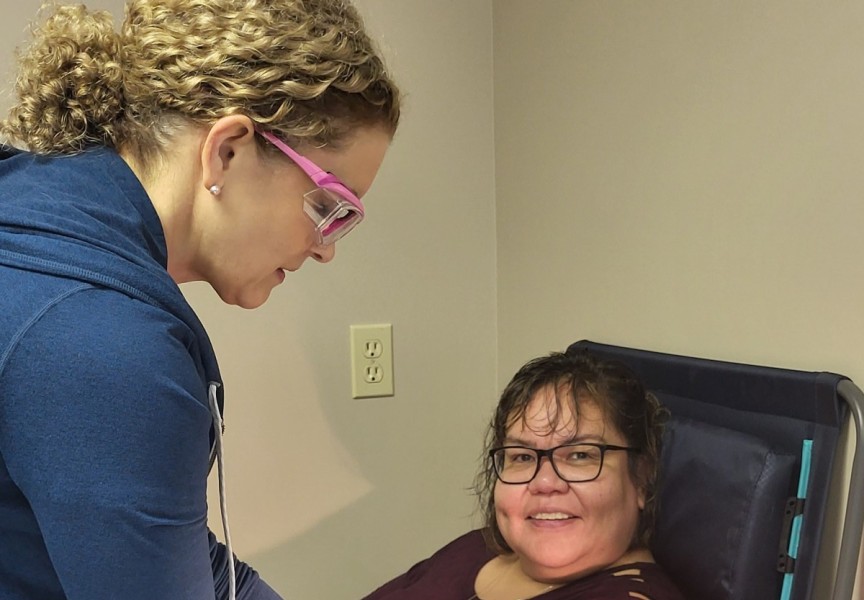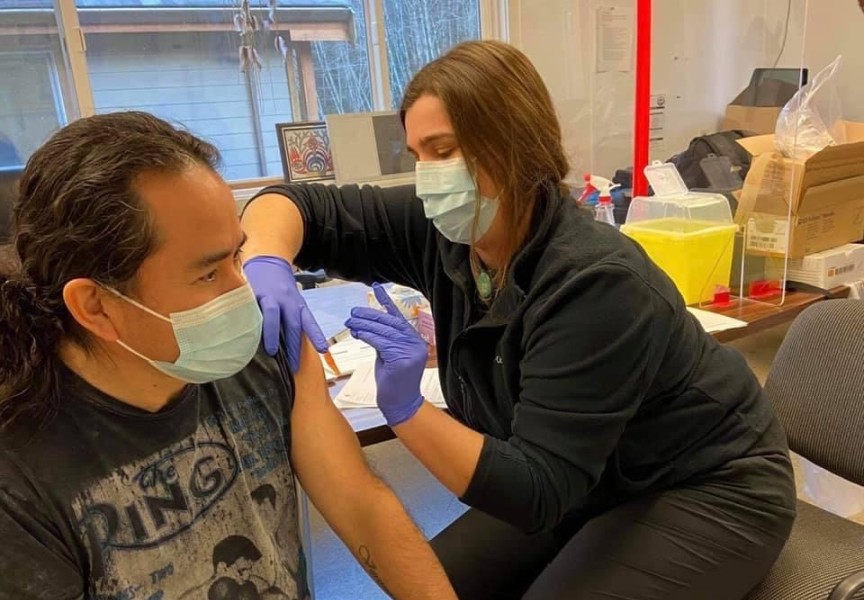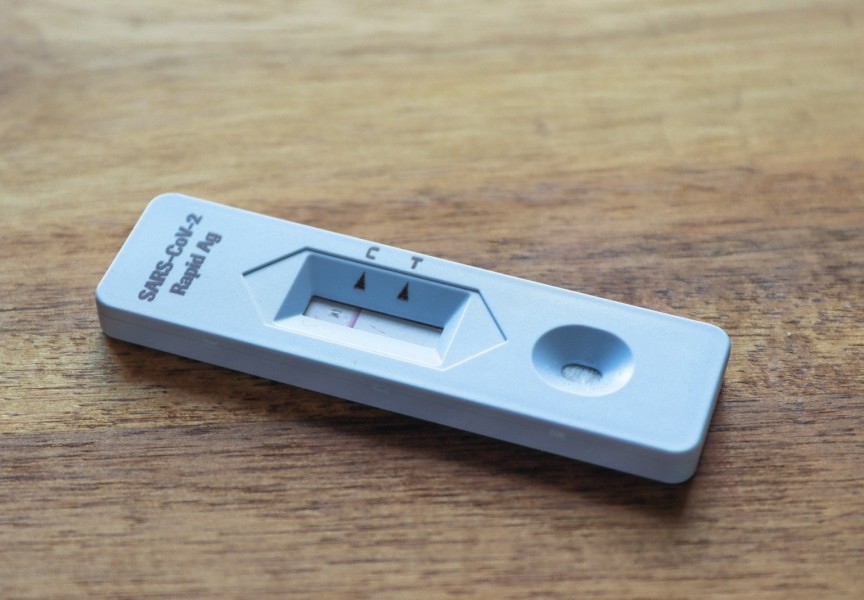The First Nations Health Authority reports that it has delivered 4,000 units of Moderna, the COVID-19 vaccine, to B.C. Indigenous communities between Dec. 29, 2020 and Jan. 13, 2021. They say that more than 19 Indigenous communities have received the vaccine with another 41 communities to receive vaccine very soon.
“We are coming up on a year since the first cases of COVID-19 were reported in BC,” said Dr. Shannon McDonald, acting FNHA chief medical officer. As of Jan. 13, 2021, there have been more than 2,500 Status Indians in British Columbia that tested positive for COVID-19 in the past 12 months.
Near the beginning of the pandemic, about 25 per cent of the Indigenous cases were residing on reserve. That ratio has now increased to about 40 per cent according to Dr. McDonald.
Sadly, the 32nd Indigenous death due to COVID-19 was just recorded.
“Those are people, they are not just numbers,” said Dr. McDonald.
The FNHA has adopted a whole-community approach to vaccinating people in Indigenous settlements. They are usually remote, with access to secondary-level health care. Housing shortages experienced at most reserves mean that people are usually living in crowded conditions with several generations living in one home. For these reasons the FNHA is offering the vaccine to everyone on reserve over the age of 18.
Since New Year’s Day there have been cluster break outs of coronavirus on reserve in places like Snuneymuxw and Cowichan Tribes. Municipal leaders in the Cowichan Valley publicly condemned racist incidents that arose following news of the outbreaks.
Most notably, a dentist canceled a Cowichan Tribes patient appointment without asking her any screening questions, but simply because she was from the First Nation. Message boards on social media were filled with racist commentary.
Stating that they were deeply saddened by what Cowichan Tribes members were going through in their community, the First Nations Health Authority said they are committed to supporting them in their approach to managing the COVID-19 cases.
“We would also like to raise our hands in gratitude to the many community and health care leaders in the Cowichan Valley who stood up and called out this unacceptable intolerance. We must continue to stand together in our refusal to allow racism in all its forms,” FNHA wrote in an open letter dated Jan. 13, 2021.
The doctors at FNHA agreed that racist backlash suffered by the people of Cowichan Tribes is not new.
“It’s always been there, just under the surface,” said Senior Medical Officer Dr. Nel Wieman. “It’s likely that COVID is a stressor that brings it out.”
Cowichan Tribes members are receiving vaccine during the second week of January.
Dr. McDonald reminds people that it takes about 10 days after immunization to develop immunity. She stated that it is not known if people that are vaccinated can carry the virus to the unvaccinated. For that reason, it is important to continue to follow guidelines set out by the provincial health officer, she said.
McDonald went on to say that the First Nations Health Authority does not have service responsibility for Indigenous people living off reserve or away from home. But they collaborate with local health authorities, like Vancouver Island Health Authority, to plan for the safe and culturally-sensitive distribution of the vaccine in urban areas.
Island Health reports that it has limited supplies of vaccine, but expects to receive more doses in increasing quantities over time.
The vaccine will be free for everyone in B.C. but it will be rolled out according to priority groups.
Between December 2020 and February 2021, the following groups will be offered vaccine:
- Residents, staff and essential visitors to long-term care and assisted-living residences.
- Individuals in hospital or community awaiting a long-term care placement
- Health care workers providing care for COVID-19 patients
- Remote and isolated First Nations communities
From February to March, the immunization program will be expanded to include:
- Community-based seniors, age 80 and up; Indigenous elders age 65 and up
- People experiencing homelessness and/or using shelters
- Provincial correctional facilities
- Adults in group homes or mental health residential care
- Long-term home support recipients and staff
- Hospital staff, community GPs and medical specialists
It is expected that all British Columbians will be vaccinated against COVID-19 by the end of 2021.
The provincial health officer’s orders and guidelines remain in place for everyone, regardless if they have received the vaccine.
“We all need to continue to protect each other by avoiding social interactions outside our immediate household, washing our hands often, staying home when we’re sick, staying physically distant from people we don’t know and wearing a mask in public indoor spaces,” said Dr. Bonnie Henry.

